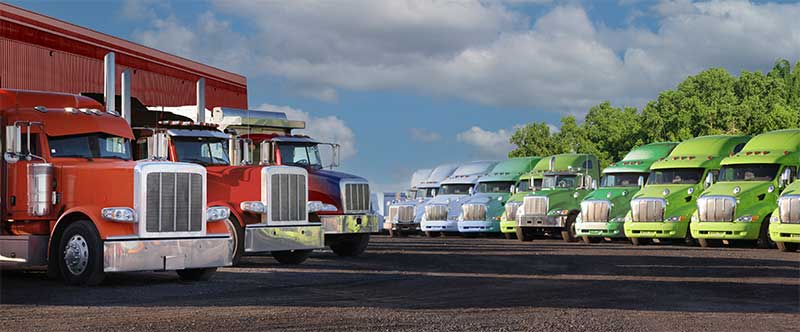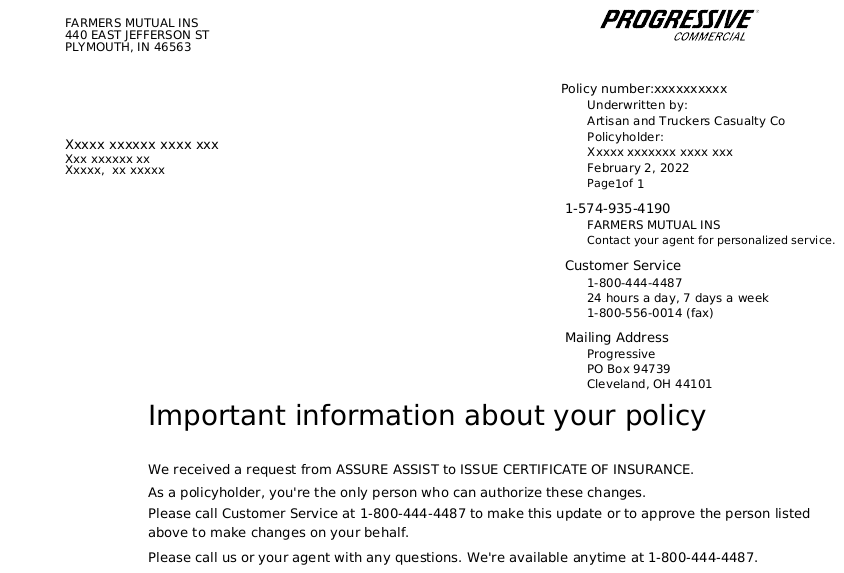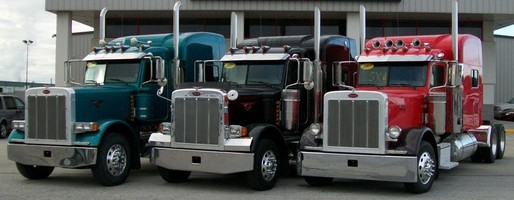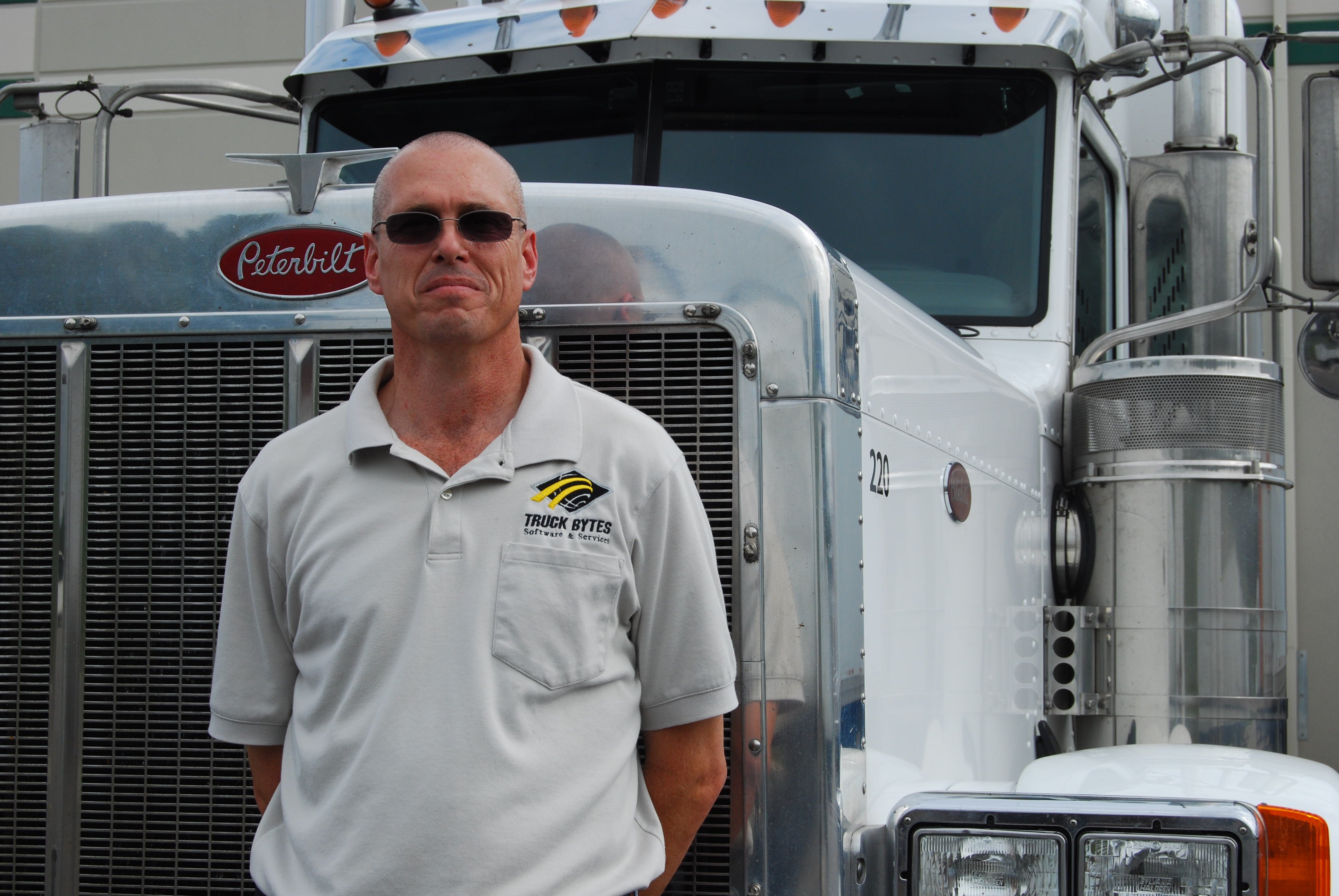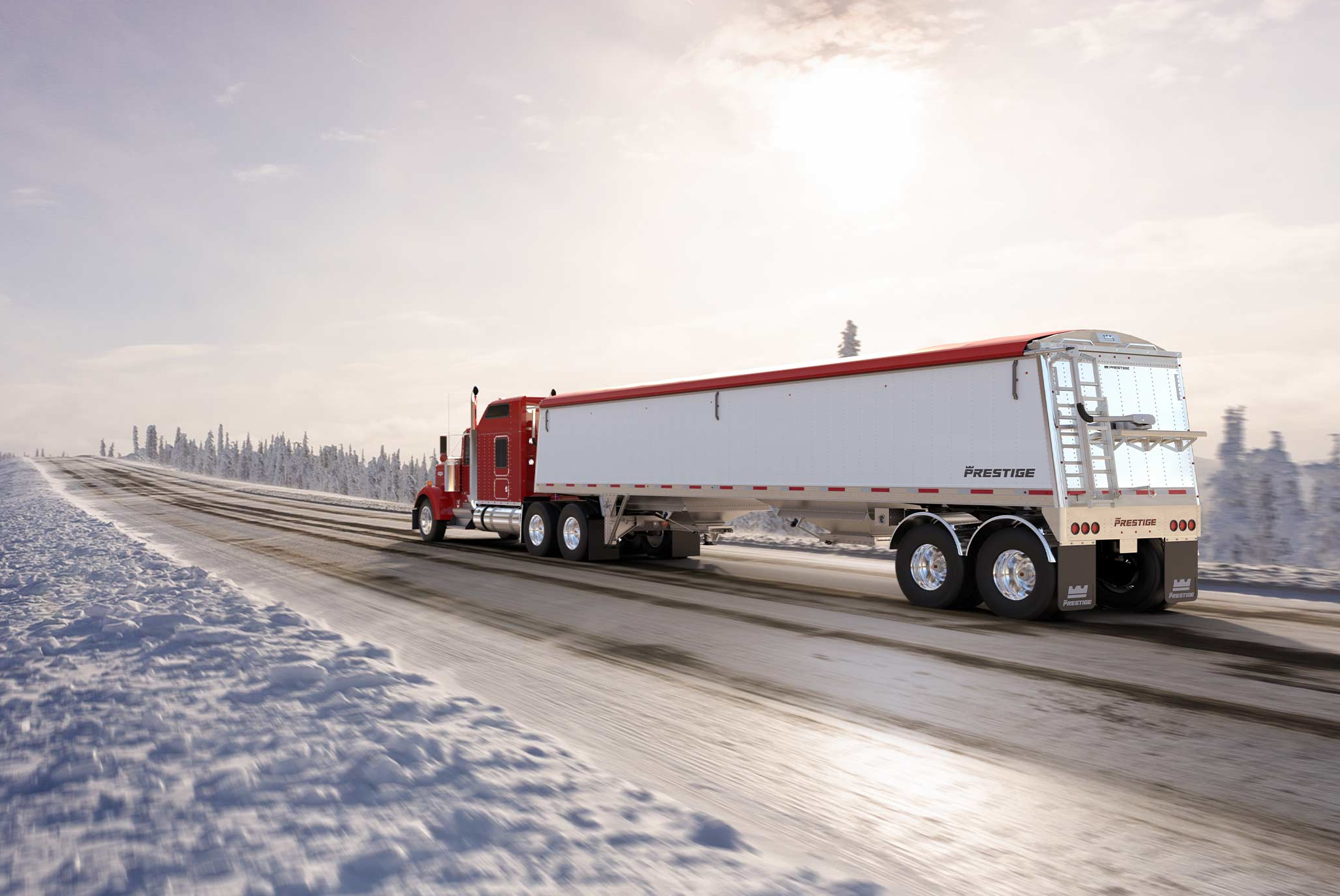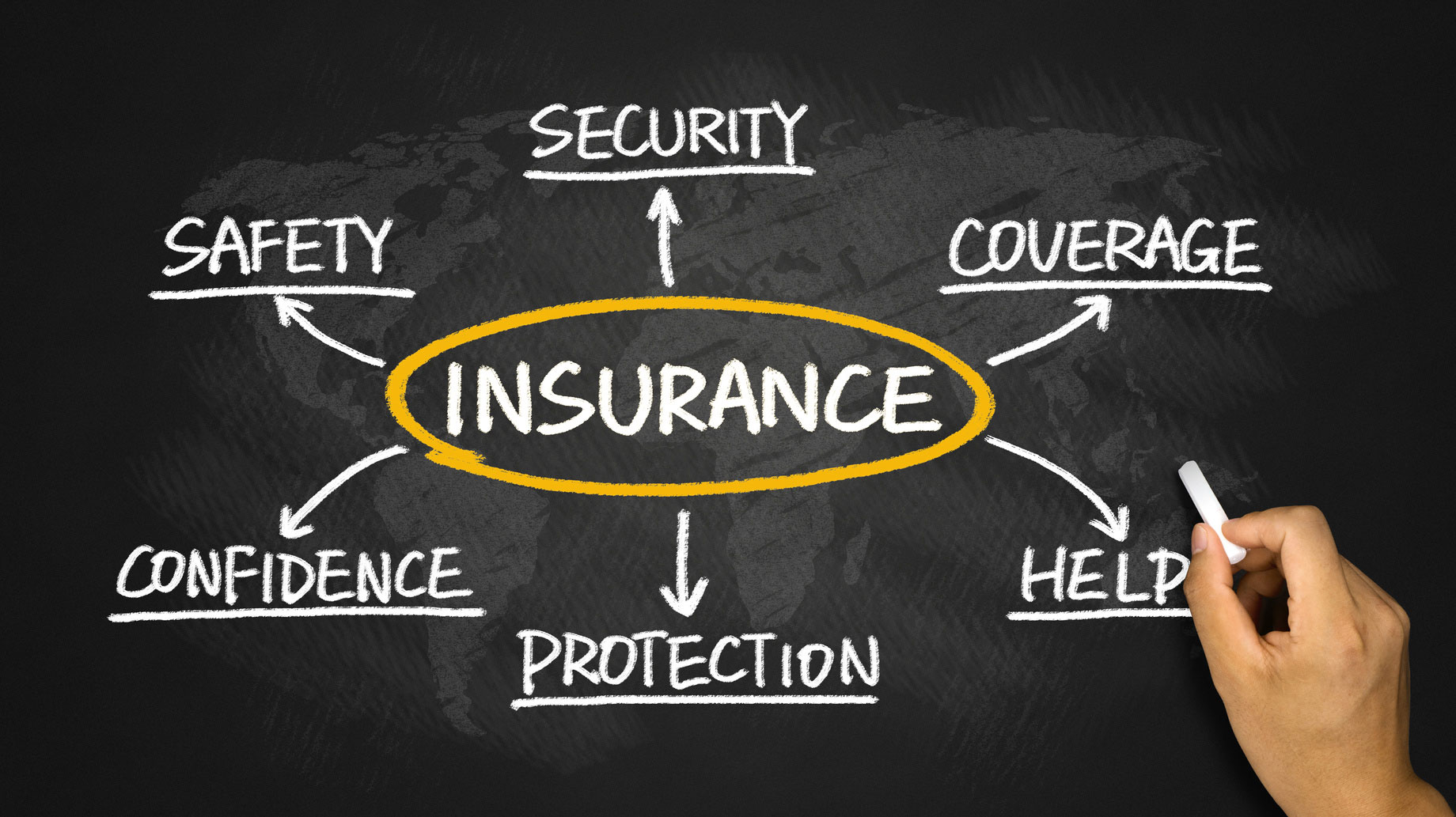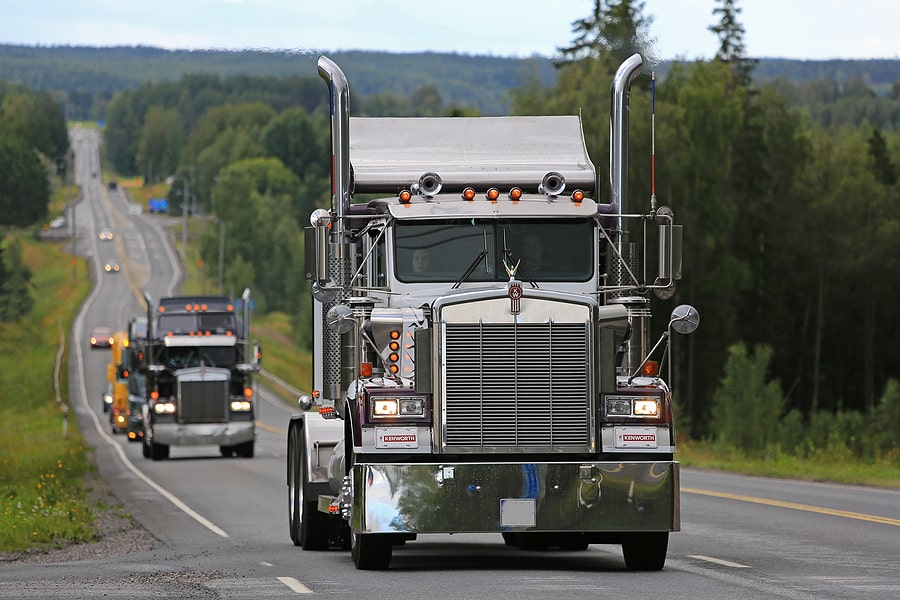
Know your rights and above all, don’t let any unethical insurance company bully or intimidate you out of what is legally owed to you!
Most of us are aware that if we cancel our insurance policy we receive a refund. That refund in legal terms is known as “Unearned premium.” How much of a refund we receive and how we receive it depends on many factors. Some of those factors are:
- Did we pay our premium in full?
- Are our monthly premium payments current?
- Do we have an MCS-90 endorsement (required for FMCSA filings) on our policy?
- Did the insurance carrier file a BMC-91 or BMC-91X with the FMCSA?
- Did we complete a request with the FMCSA to “Voluntarily Revoke” our authority?
- If we did, what is the effect date of the “Voluntary Revocation?”
With the recent dramatic increase in fuel costs, fewer available loads and declining rates, some truck owners have chosen to either suspend their trucking operations, lease to large carriers or shut down permanently. That has resulted in an increase of FMCSA voluntary revocation applications by truck owners. For that reason I am focusing on factors 3, 4, 5 and 6.
With a long history as an Independent Owner Operator myself, I personally have voluntarily revoked my authority multiple times for military deployments (I’m a retired US Army National Guardsman) and other personal reasons. Each time, the three insurance carriers I had at those times, without any hesitation or delay, canceled my insurance policies and issued my refund with an effective date that matched the effective date of the voluntary revocation of my authority.
In contrast to my very good experience as an independent owner-operator, it has been my recent discovery as an insurance agent that not all insurance companies act ethically, timely or willingly when a truck owner requests to cancel their policy. Due to Department of Insurance licensing regulations, I’m unable to disclose the name of the insurance company that prompted this article. However, before the conclusion of this article, I will disclose the inexcusable bad behavior and the bullying tactics used by the insurance company. I will also provide information and guidance to anyone who believes they may have been inappropriately denied their full unearned premium refund by an insurance company.
Understanding when the MCS-90 endorsement can be removed from a policy and how that impacts BMC-91 or BMC-91X filings is fundamental to understanding when a policy can be canceled.
Disclaimer: I am not an attorney and this is not legal advice. Please consult an attorney to receive legal advice or guidance pertaining to any of the following.
The MCS-90 endorsement form states:
“Cancellation of this endorsement may be effected by the company or the insured by giving (1) thirty-five (35) days notice in writing to the other party (said 35 days notice to commence from the date the notice is mailed, proof of mailing shall be sufficient proof of notice), and (2) if the insured is subject to the FMCSA’s registration requirements under 49 U.S.C. 13901, by providing thirty (30) days notice to the FMCSA (said 30 days notice to commence from the date the notice is received by the FMCSA at its office in Washington, DC).”
Noticed the underlined section, because that phrase is relevant to the voluntary revocation. 49 U.S.C 13901 states:
(a) .—A person may provide transportation as a motor carrier subject to jurisdiction under subchapter I of chapter 135 or service as a freight forwarder subject to jurisdiction under subchapter III of such chapter, or service as a broker for transportation subject to jurisdiction under subchapter I of such chapter only if the person is registered under this chapter to provide such transportation or service.
Notice the last phrase, underlined above: Once an authority is voluntarily revoked it is no longer registered to provide transportation or service.
What does all this regulatory legalese/double-speak mean? Simple. A revoked authority is NOT registered to provide or conduct transportation (trucking operations). As such the revoked authority is also NOT subject to 49 U.S.C. 13901. If NOT subject to 49 U.S.C. 13901 there is NOT a requirement for the MCS-90 endorsement. No requirement for an MCS-90 endorsement means it can be removed at the insured’s (that is, the customer’s, that is, your) request without any delay. Removing the MCS-90 immediately and legally removes the BMC-91 or BMC-91X filing.
When the BMC-91 or BMC-91X filing is removed the policy can be canceled upon the insured’s request on the date the insured requests (as long as the requested date of cancelation is on or after the date the BMC-91 or BMC-91X filing was removed). Once a lawful policy cancelation request is submitted to the insurance company, the insurance company by each state’s Department of Insurance regulation is required to return (refund) ALL “Unearned” premium.
The short version – Once our authority is revoked by the FMCSA, we can request to cancel our policy with an effective cancelation date to match the date of the revocation. That request includes canceling the MCS-90 endorsement and the BMC-91 or BMC-91X filing. Our refund of unearned premium is then calculated from that date of cancelation.
What prompted me to write this article is the very disgraceful, unethical attempt by one insurance company to bully and intimidate one of my and its own, customers. First, the insurance company denied the customer the right to cancel the policy with the effective date to match the date of the customer’s voluntary revocation. I sternly objected, citing my own past voluntary revocation and unearned premium refunds (including twice by this same office from which I had previously purchased multiple insurance polices!) and the above short version of the FMCSA and DOI regulations. The underwriter said they would discuss it again with the insurance company and get back with me.
When the underwriter contacted me the second time, they made the claim that the unnamed insurance company was following guidance from the FMCSA. I immediately informed them of my and the customer’s objections. They again said they would discuss it with the insurance company.
The underwriter contacted me a third time two days later. They requested 3 things. A copy of the truck owner’s “lease agreement,” a copy of the endorsement adding the truck as an owner operator to the insurance policy of the trucking company the customer is now leased to, and a copy of the new “Non Trucking Liability” (bobtail) policy. They said if those could be provided the insurance company “may further consider.” I received and provided the underwriter with a copy of the lease agreement and a Certificate of Insurance (COI) listing all coverages (commercial general liability, auto liability, workers compensation and cargo) of the trucking company the customer is now leased to. The COI included listing the customer by name and the truck by the description and VIN.
The underwriter contacted me a fourth time another two days later. They stated that the COI showing coverage was not acceptable by the insurance company. They reiterated that the insurance company required a copy of the “endorsement” adding the insured (customer) to the trucking company’s insurance policy and a copy of the customer’s Non Trucking Liability policy declaration page.
In all the regulations I have read, Once an authority is revoked, there is no regulatory requirement for an insured (customer) to provide any of the above mentioned documents or any document to an insurance company before being allowed to cancel a policy or removing the MCS-90 and BMC-91 or BMC-91X filing.
In my opinion, this was and is an ongoing obvious attempt by the insurance company to avoid refunding the full amount of the unearned premium owed to the customer. This is absolutely shameful, unethical and completely unacceptable behavior that no insurance company should be allowed to engage in.
All insurance companies have legal counsel either on staff or retained outside the company with the services of a law firm. I am a simple-minded truck driver. Even I know and understand when a policy can legally be canceled and a refund issued. It is absolutely inconceivable that an insurance company who’s sole business is to provide insurance to trucking companies does not. I informed the underwriter that I will never again accept a quote from this insurance company to offer to my customers. Even if the quoted premium is less, I would never recommend this insurance company to anyone.
If this unnamed insurance company goes this far out of their way to bully and intimidate their customers in an attempt to avoid refunding all legally owed unearned premiums, I can only imagine how ugly they would be when a customer needed them the most… when the customer has experienced an unfortunate loss and filed a claim!
If you have been denied the right to cancel your policy with a requested effective date matching the date of voluntary revocation of your authority, and have not received your full unearned premium refund, there is a way to combat it. Contact your State’s Department of Insurance and file a complaint. Filing a complaint will enable the State DOI to begin an investigation. To properly complete their investigation the DOI may contact you for additional information. Once the DOI’s investigation is complete you can expect to be provided with the results of the findings and what to do or to anticipate next.
UPDATE:
- 26 days later
- 40 plus emails exchanged
- Over 8 documents provided to the unnamed insurance company (important to note here that the insurance company was NEVER provided all the documents they had requested)
- One, (understandably and rightly so) very upset customer who threatened to file a complaint with the state DOI
- One stubborn insurance agent who would not allow the customer to be intimidated or bullied by the insurance company.
Success! The unnamed insurance company realized they would not be able to keep something that did not belong to them. The customer’s money (unearned premium)! Because of the relentless pressure applied by the insurance agent (me), the insurance company ISSUED A FULL REFUND of the unearned premium made effective the day after the request to cancel the insurance policy by the customer and the revocation of the customer’s authority by the FMCSA.
While this was a very painful experience for the customer and myself, it resulted in the customer being refunded what was legally owed to him. This is an excellent example of how not to be intimidated or bullied by an insurance company. It equally demonstrates the immeasurable value of having a moral, ethical and hard working insurance agent fighting for what is right.
To get more great business tips and trucking news visit Overdrive extra!


